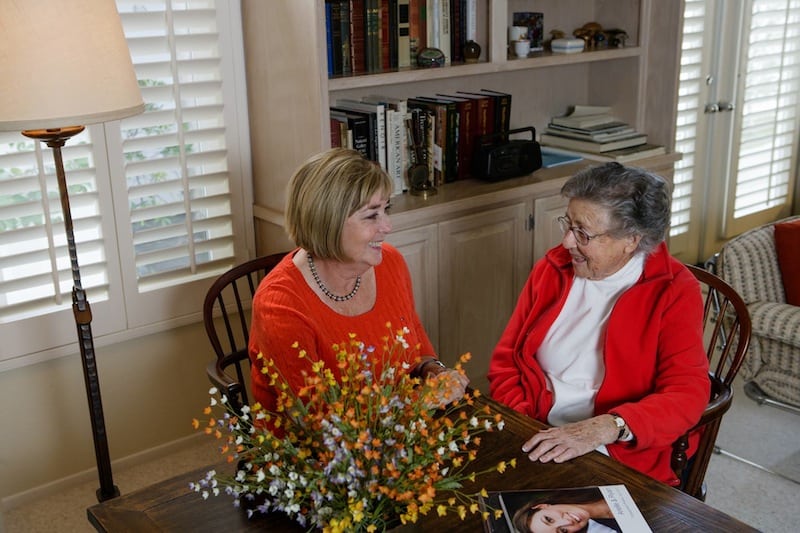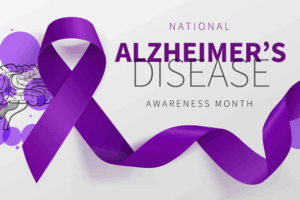Communicating Compassionately with a Person with Memory Impairment

We recently hosted training for our caregivers on compassionate communication with the memory impaired put on by the Alzheimer’s Association. Here are some of the key concepts presented for communicating at any stage of Alzheimer’s Disease (AD) or other illness causing Dementia:
- Remember that you can’t control their illness – understand and accept what you can and cannot change.
- Treat the person as an adult with dignity, remember that despite the illness, a person with AD retains their sense of self.
- Don’t try to reason or argue about what the person is saying or what they believe – they are not trying to exasperate you.
- Don’t try to “test them” or remind them they forget – their disability is memory loss – asking them to remember is like asking a person who is paralyzed to get our of their wheelchair and walk.
- Give short, one-sentence explanations and allow plenty of time for comprehension.
- Don’t take it personally – they may say or do something that offends you but it is not intentional, it is the illness.
- Distract don’t confront – accept blame if necessary, go with the flow and move on.
- Open-ended questions or complex instructions can cause anxiety – give them simple choices or direct their choice.
A person who is experiencing memory loss may be fearful and anxious – think of how you would feel if you were experiencing this type of loss. The fear and anxiety may cause them to behave in ways that can be challenging – they may follow you around, become uncooperative, resist changes in routine, even become hostile. The goal of the caregiver is to reduce anxiety whenever possible. Reassure the person and try your best to practice 100% forgiveness. The Alzheimer’s Association is a wonderful resource for family and friends of people suffering from AD and other Dementia’s. Visit their website for more information on communicating effectively. Remember, if you are a caregiver of a person with memory loss it is critical that you take time for yourself and ask for help and respite.






